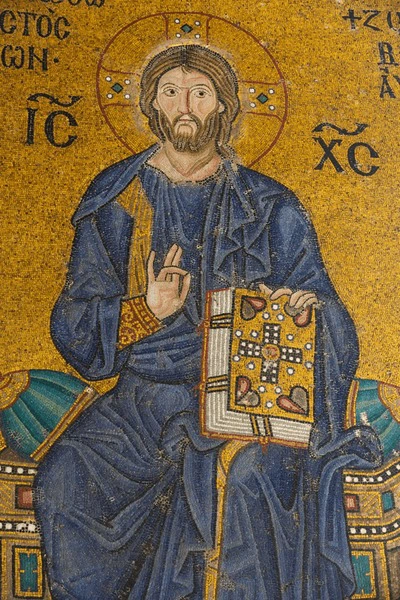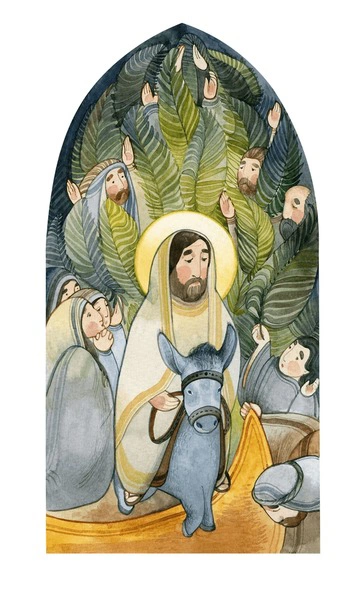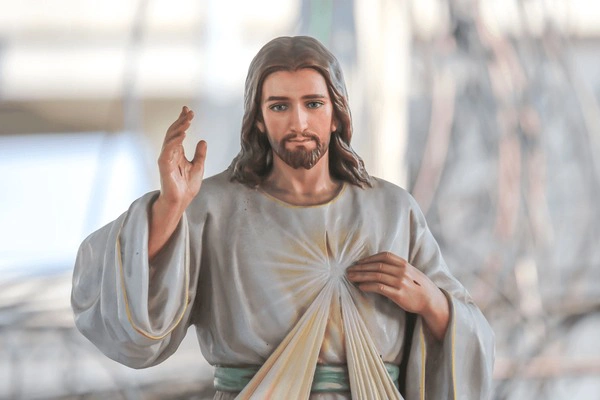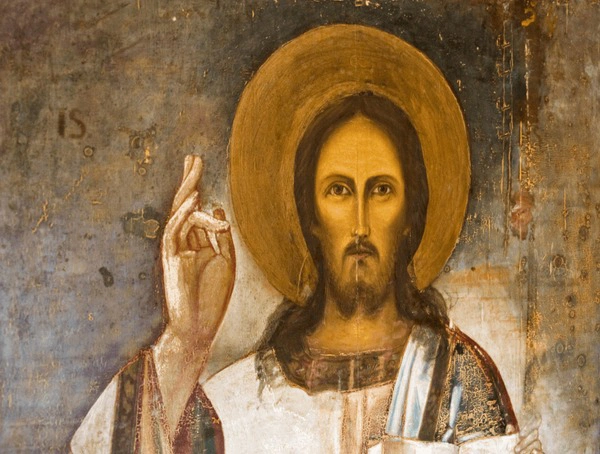
Understanding Herod's Deception and the Wise Men's Journey
In the biblical narrative of Matthew 2:8, Herod sends the wise men to Bethlehem with instructions to report back about the newborn child. This story offers insights into leadership, revealing Herod's deceptive intentions and the wise men's role in seeking truth. It challenges us to reflect on our own leadership and spiritual journeys, emphasizing the importance of integrity and openness to divine guidance.
David Walker
26/11/2024 - 8 months ago

Herod's Intentions
In Matthew Chapter 2:Verse 8, we witness a moment of political intrigue and underlying motives. Herod, the ruler of Judea, sends the wise men, also known as Magi, to Bethlehem. His instruction seems straightforward: find the newborn child and report back to him. However, Herod's intentions are far from pure. He claims he wants to worship the child, but his real motive is to eliminate a potential threat to his throne.
Herod's actions reflect a common theme in leadership—using others to achieve one's goals. Leaders often send representatives to gather information or confirm developments, as Herod did. While the act of sending the wise men may appear as a delegation of responsibility, it was primarily a tactic to maintain his grip on power by removing what he perceived as a threat.
Understanding Herod's intentions helps us see the complexity of leadership in biblical times. It wasn’t just about ruling fairly or justly; it was often about maintaining control and influence. Herod’s pretense of wanting to worship the child was a strategic move to manipulate others into doing his bidding.
The Role of the Wise Men
The wise men play a crucial role in this narrative. They are not just passive characters but active participants in the unfolding events. Sent by Herod, their mission is to locate the child who is prophesied to become the King of the Jews. Despite being unaware of Herod's ulterior motives, their journey is significant in the story of Jesus' birth.
In the context of leadership and ministry, the wise men represent those who are sent out to seek truth and bring back vital information. Their role is not just to fulfill Herod’s demands but also to bear witness to the fulfillment of prophecy. Their journey symbolizes the search for truth and the quest for understanding in a world filled with deceit and manipulation.
The wise men’s involvement reminds us that we often find ourselves in positions where we are asked to serve purposes beyond our understanding. Their story encourages us to remain faithful and open to divine guidance, even when our path is influenced by others' agendas.
Lessons on Leadership
From Herod's interaction with the wise men, we learn critical lessons about leadership. True leadership is not about manipulation or control but about serving others with integrity. Herod’s approach contrasts sharply with the servant leadership model exemplified by Jesus, who came to serve and not to be served.
Leaders are often faced with decisions that test their moral and ethical standards. Herod chose to use deception to secure his position, teaching us that leadership should be guided by principles of honesty and transparency. A leader's actions should reflect a commitment to the greater good, rather than personal gain.
In our own lives, whether we are leaders in our communities, workplaces, or families, we are called to lead with humility and sincerity. Herod’s story serves as a cautionary tale of how power can corrupt if not checked by moral conviction.
Spiritual Implications
The story of Herod and the wise men is not only about political maneuvering but also holds deep spiritual implications. Herod’s fear of losing power blinded him to the significance of Jesus' birth, a moment that promised hope and salvation for humanity.
This narrative invites readers to reflect on their own spiritual journeys. Are we, like Herod, so consumed by our ambitions and fears that we fail to recognize the divine opportunities before us? Or are we open to the transformative message of the gospel, willing to seek and follow the truth as the wise men did?
Ultimately, the story challenges us to evaluate our priorities and align them with God’s purpose. It calls us to embrace a Christ-centered life, characterized by faith, hope, and a willingness to follow God’s direction, even when it leads us on unexpected paths.




















